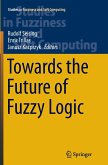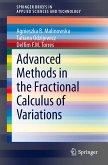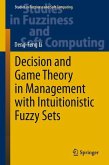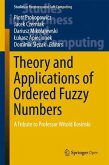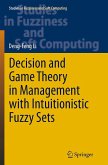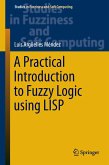This book provides readers with a snapshot of the state-of-the art in fuzzy logic. Throughout the chapters, key theories developed in the last fifty years as well as important applications to practical problems are presented and discussed from different perspectives, as the authors hail from different disciplines and therefore use fuzzy logic for different purposes. The book aims at showing how fuzzy logic has evolved since the first theory formulation by Lotfi A. Zadeh in his seminal paper on Fuzzy Sets in 1965. Fuzzy theories and implementation grew at an impressive speed and achieved significant results, especially on the applicative side. The study of fuzzy logic and its practice spread all over the world, from Europe to Asia, America and Oceania. The editors believe that, thanks to the drive of young researchers, fuzzy logic will be able to face the challenging goals posed by computing with words. New frontiers of knowledge are waiting to be explored. In order to motivate young people to engage in the future development of fuzzy logic, fuzzy methodologies, fuzzy applications, etc., the editors invited a team of internationally respected experts to write the present collection of papers, which shows the present and future potentials of fuzzy logic from different disciplinary perspectives and personal standpoints.
Bitte wählen Sie Ihr Anliegen aus.
Rechnungen
Retourenschein anfordern
Bestellstatus
Storno


